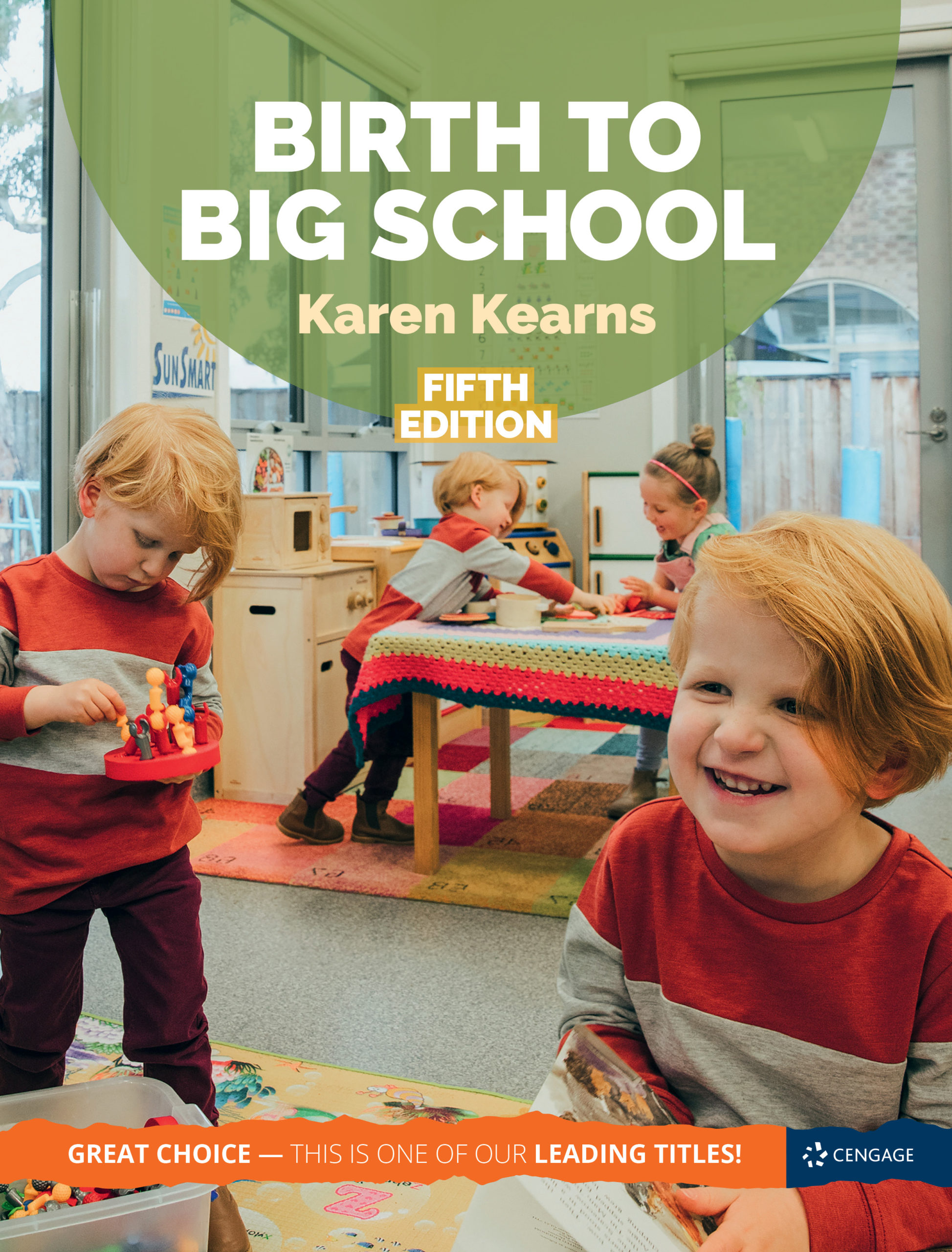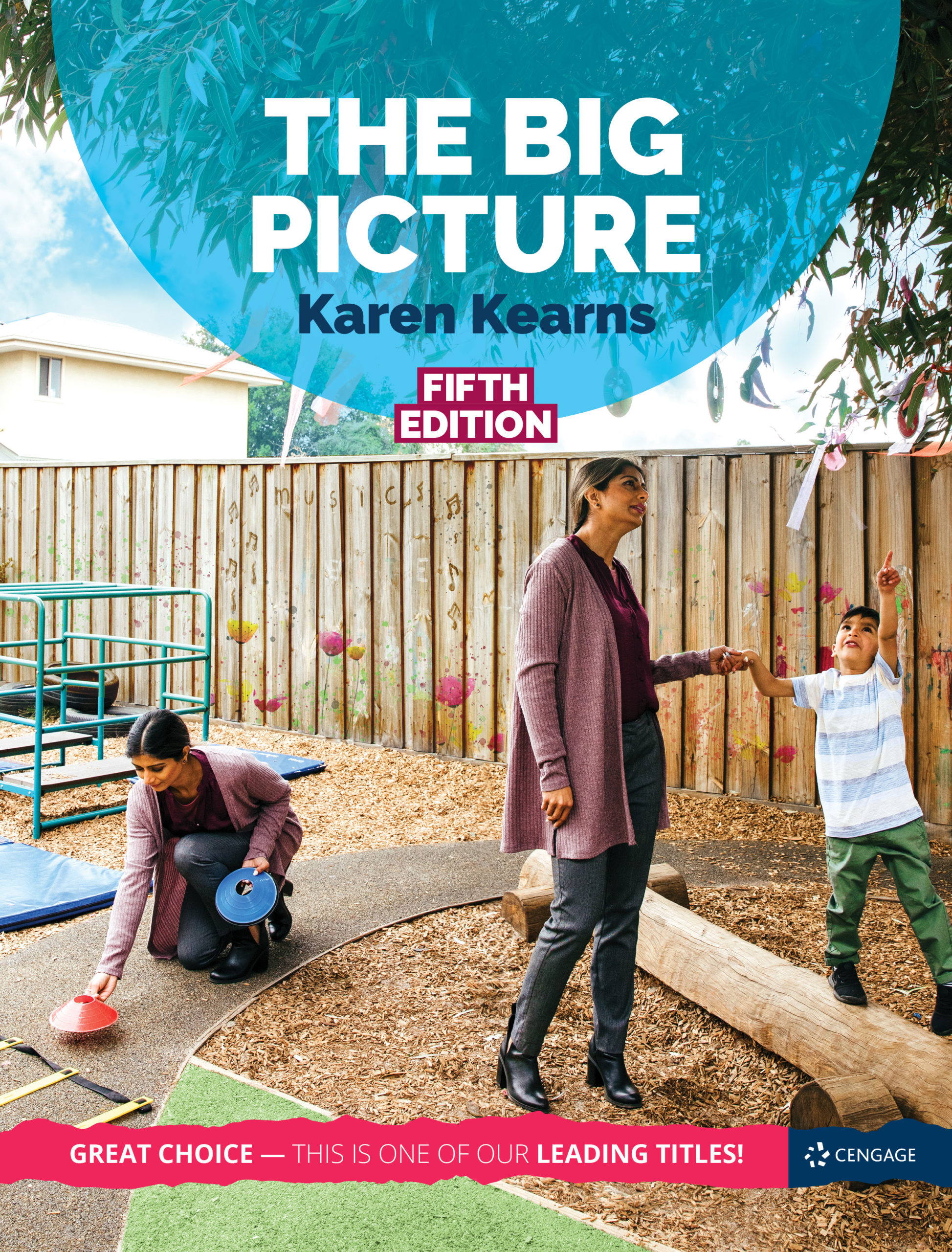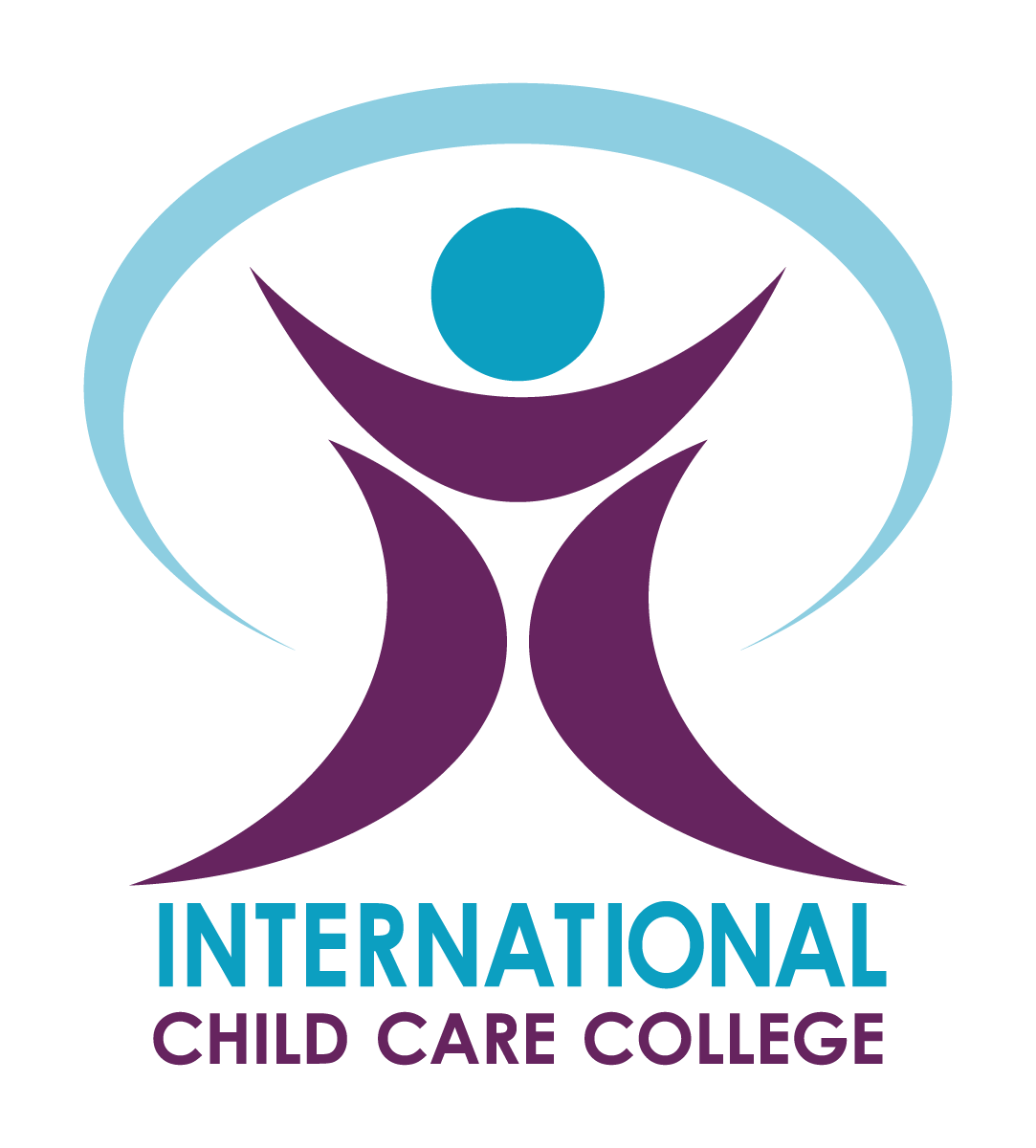ICCC’s School Based Apprenticeship/Traineeship (SBAT) program provides hands-on experience to gain a thorough understanding of what it’s like to be an Early Childhood Educator, working with young children and families. This qualification reflects the role of workers in a range of early childhood education settings.
Are you ready to become an Early Childhood Educator?
Becoming an Early Childhood Educator is a great way to kick start a career and build lifelong skills. It is a challenging and rewarding role that requires understanding of children’s development, skills to work as a team and manage routine tasks, empathy to nurture and a creative mind to spark young imaginations. Educators often take on many roles contributing to the care of children, engaging in play and learning, nurturing agency and wellbeing, identifying and responding to health and safety issues for vulnerable young people and developing language and social skills to prepare children for the next stages of life.
Upon successful completion, you will be a qualified Early Childhood Educator; receive a nationally recognised qualification in CHC30121 Certificate III in Early Childhood Education and Care and a Certificate of Proficiency; and gain credit towards the HSC (4 units in Year 11 and 4 units in Year 12).
What training looks like
To successfully complete your SBAT Program, you will need to plan your workload effectively. You will need to be allocated during school study periods, plus an expectation to complete additional study in your own time, on weekends and in school holidays. This is a heavy course load and will require dedication and commitment to achieve success.
As an SBAT, you will:
- Attend one day of paid work per week at a registered Early Childhood Service;
- Complete a total of 100 days’ work throughout your training program;
- Meet with your Trainer regularly for support and practical assessment;
- Access learning resources and complete online assessment through our bespoke Student Portal,
Training Quick Guide
Study mode: Blended learning
(incorporates online and workplace training)
Duration: Years 10, 11 and 12 scheduled to complete all course work by the end of Term 3 and all work placement by the 31st December in the year of the student’s HSC
Start date: Beginning of Term 4, Year 10 – End of Term 1, Year 11
Fees: $0 – Fee Free for eligible NSW Traineeships with training starting between 1/1/2020 – 31/12/2025.
Please refer to our Course Fees for current information on all available courses and enrolment types.
NSW learners may be eligible for subsidies under NSW Smart and Skilled Entitlement training programs. ‘This training is subsidised by the NSW Government’
How can students prepare for success?
There are several steps we recommend students follow to ensure the best opportunity for success. The first and often most important step is to undertake volunteer work experience before signing up as an SBAT.
Work experience is critical to finding the right fit
Students who undertake work experience in an Early Childhood Education and Care setting will gain an understanding of what it’s like to be an Educator and determine if becoming an Educator is right for them before accepting an SBAT position.
Often, finding an employer willing to take on a volunteer work experience student is a challenge. Think about what’s in your neighbourhood or who you might know who could assist your child/student with gaining work experience at an Early Childhood Education and Care service.
Opportunities for further growth
Upon successful completion of your SBAT Program, you will be a qualified Certificate III Level Early Childhood Educator. From there you could set your sights on climbing the ranks of Early Childhood, building professional experience and gaining further qualifications such as CHC50121 Diploma of Early Childhood Education and Care.
Looking forward to the next challenge? You could choose to lead and manage your own business as the owner of an Early Childhood Service. Go further with pathways to university to complete a Bachelor of Teaching or gain your TAE to become a Trainer and Assessor, shaping the next generation of Early Childhood Educators.

Enquire Today – SBAT CHC30121 Certificate III in Early Childhood Education and Care
Further Information
Click here to view the SBAT Flyer
Click here to access the Student Expression of Interest Form
Learn more about CHC30121 Certificate III in Early Childhood Education and Care
Click below to download our CHC30121 Certificate III in Early Childhood Education and Care Flyer, which details the individual units of competency you will study as part of a School Based Traineeship or visit our qualification page and explore other enrolment pathways available to you if you are not currently enrolled in school.


Entry Requirements
– Must be a resident of Australia and undertaking training in NSW
– Must be still at school and work in approved areas of NSW
– Must work a minimum of 100 days (7 hours minimum workday). This includes 30 hours of workplace experience with children under 24 months
– Minimum age restrictions of 16 years of age applies
Materials Required:
Learners will need access to a computer and the internet with the following specifications:
– Microsoft Office 2003 or equivalent
– Microsoft Windows 2000 or Mac OS X
Learners will also need access to a printer and the following applications:
– Adobe Acrobat Reader
Included Core Texts
Included in the course fee are the award-winning e-textbooks: “The Big Picture” and “Birth to Big School” by Karen Kearns.

Entry Requirements
– Must be a resident of Australia and undertaking training in NSW
– Must be still at school and work in approved areas of NSW
– Must work a minimum of 100 days (7 hours minimum workday). This includes 30 hours of workplace experience with children under 24 months
– Minimum age restrictions of 16 years of age applies
Materials Required:
Learners will need access to a computer and the internet with the following specifications:
– Microsoft Office 2003 or equivalent
– Microsoft Windows 2000 or Mac OS X
Learners will also need access to a printer and the following applications:
– Adobe Acrobat Reader

